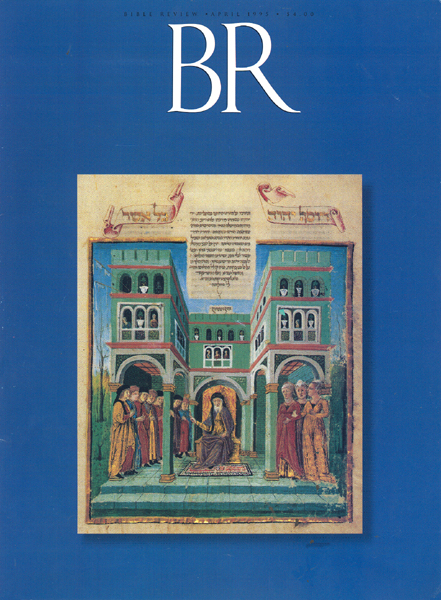Image Details

Photo by the Israel Museum
ON THE COVER: Having endured his ordeal, Job is shown surrounded by his second set of seven sons and three daughters on this page from the Rothschild Miscellany, an illuminated manuscript composed in 1470, probably in Ferrara, Italy. God allows Job, his prosperous and loyal servant, to be tested by the Satan—who takes away Job’s wealth, destroys his children and tortures him with skin ulcers. Although Job curses his fate and longs for death, he bears his ills to God’s satisfaction. The text in the painting (Job 42:12–13, 16–17) tells us that Job, in the end, fathers seven more sons and three more daughters, replacing the family he lost, that his wealth doubles, and that he lives into contented old age, seeing four generations of grandchildren. In “Deconstructing the Book of Job,” author David Clines suggests that the Book of Job, written by an affluent author for a leisured, educated audience, is really an attempt to justify wealth by making it seem to be God’s reward for piety.
